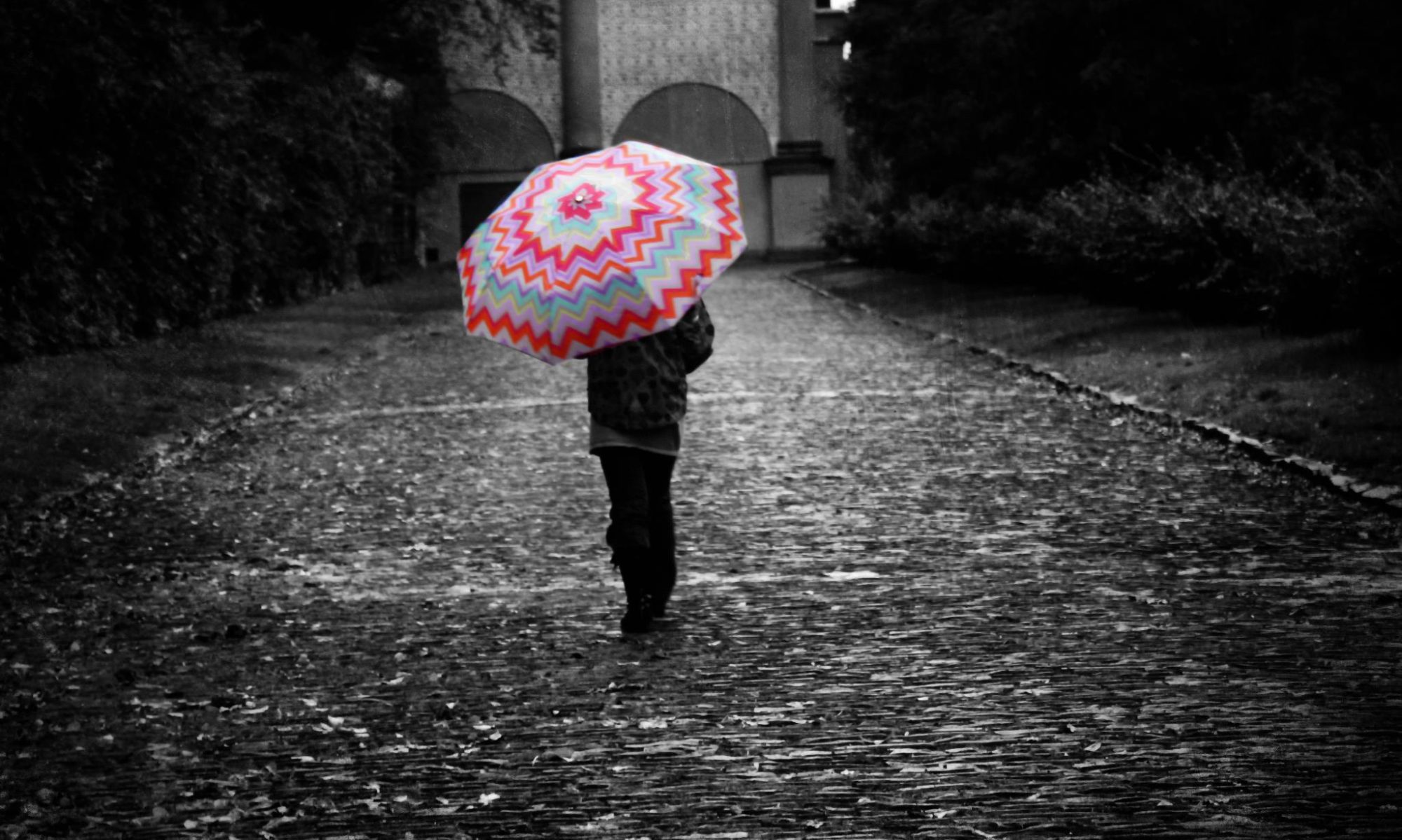 My kids are really great, but they are also human…and a lot like I was at their age. You ask them to clean up the kitchen and they want to identify exactly which part of the mess belongs to them. Why? Because it only seems fair that they should pick up after themselves, and no one else. Such is the plight of human nature.
My kids are really great, but they are also human…and a lot like I was at their age. You ask them to clean up the kitchen and they want to identify exactly which part of the mess belongs to them. Why? Because it only seems fair that they should pick up after themselves, and no one else. Such is the plight of human nature.
I was reminded of this disturbing dilemma the other day when I walked outside after several days of wind and rain. And this was not an isolated event, as it happens about this same time every year. I headed to the mailbox only to find my driveway and front lawn covered in leaves. Wet, messy leaves. The kind that leave (no pun intended) dark spots all over your driveway long after they’ve been swept away. And this is where I reverted to my childhood–as I took notice that the solitary tree in my yard doesn’t lose its leaves, even in winter. But the trees in all the surrounding yards were as naked as could be.
That lousy thought–“this is not my mess” –just kept bouncing around in my head. I mean, not a single leaf littering my driveway fell from my own tree. So, all the sweeping, blowing, and cleaning that will eventually take place is the fault of my neighbors, or at least their trees. And then it hit me. There’s a huge life lesson buried somewhere beneath that huge pile of leaves–and it can only be learned when we put on the gloves and get to work.
The truth is–our lives will inevitably be littered with trash from someone else’s crisis. It’s just part of this human journey. Sometimes our neighbor’s leaves blow into our yards for no fault of their own. Life is hard and we are all broken. Other times, it seems their junk is deliberately blown in our direction. Either way, we must decide how to handle the debris of choosing not to live in isolation.
I’m discovering that my standard response to messes–mine or someone else’s–is to complain. I mean, not only are they inconvenient, but they often interrupt an otherwise peaceful moment. I’d love to just avoid misfortune, but like spilled milk in the kitchen or leaves in the driveway, ignoring the mess means that somebody’s going to track it elsewhere. And when the leaves fall from my neighbor’s tree, I’m so inclined to get out the blower and send them right back in his direction. After all, why should I have to deal with the burden of someone else’s brokenness? That is the loaded question we each must answer.
Now imagine this–what if I decided to GO to my neighbor’s yard and begin raking the leaves with him, or in some cases, for him? What if I disposed of his toxic garbage, refusing to wear a mask that would shield me but shame him. Such an act of service violates the notion that everybody should handle their own stuff. I mean, my neighbor’s dilemma is often the result of my neighbor’s decisions, and it just feels wrong to lighten the load of his sentence. But I must be careful not to delve too deeply into the cavern of condemnation, lest I confront my own culpability.
“Carry each other’s burdens, and in this way you will fulfill the law of Christ.” Galatians 6:2
